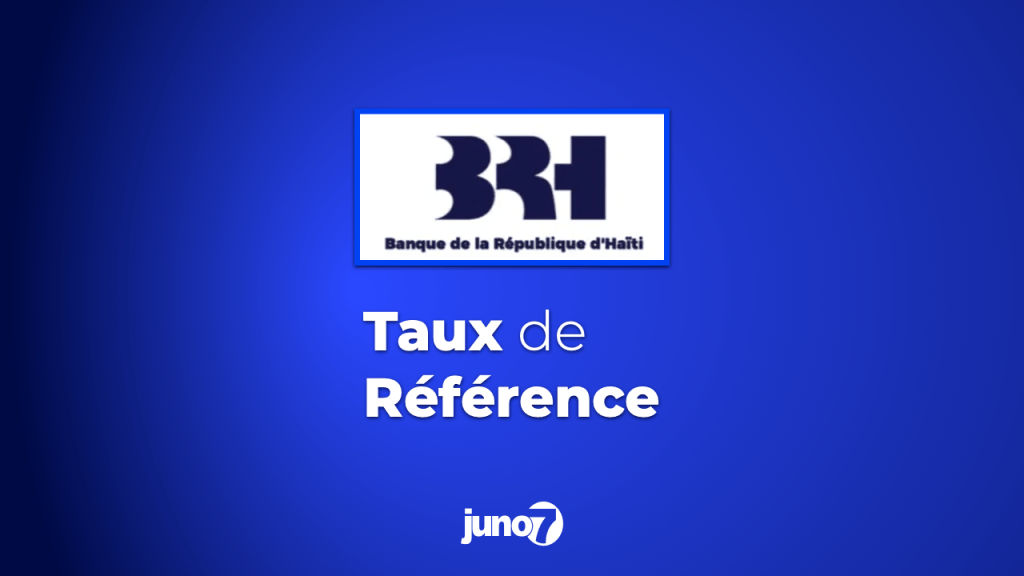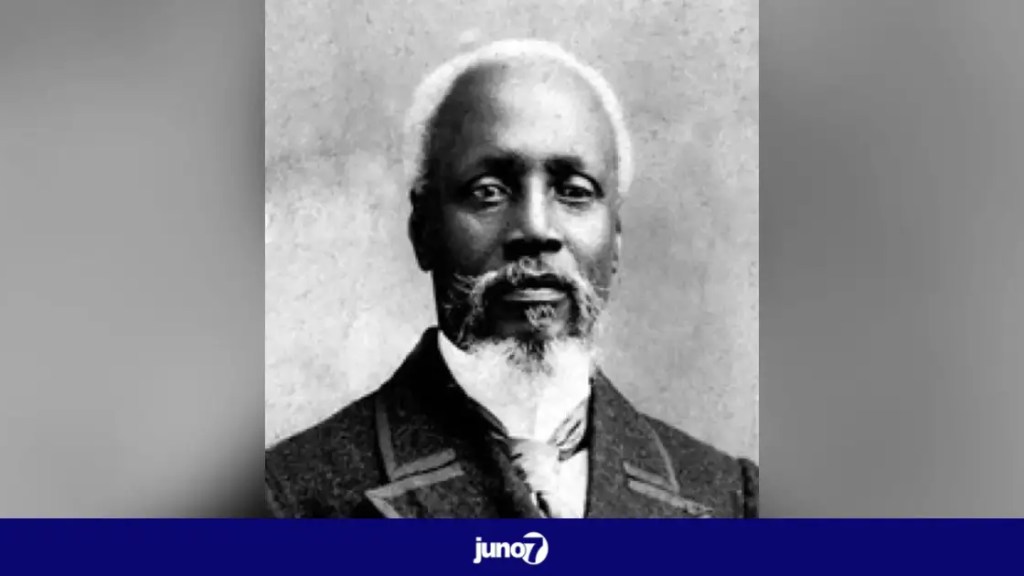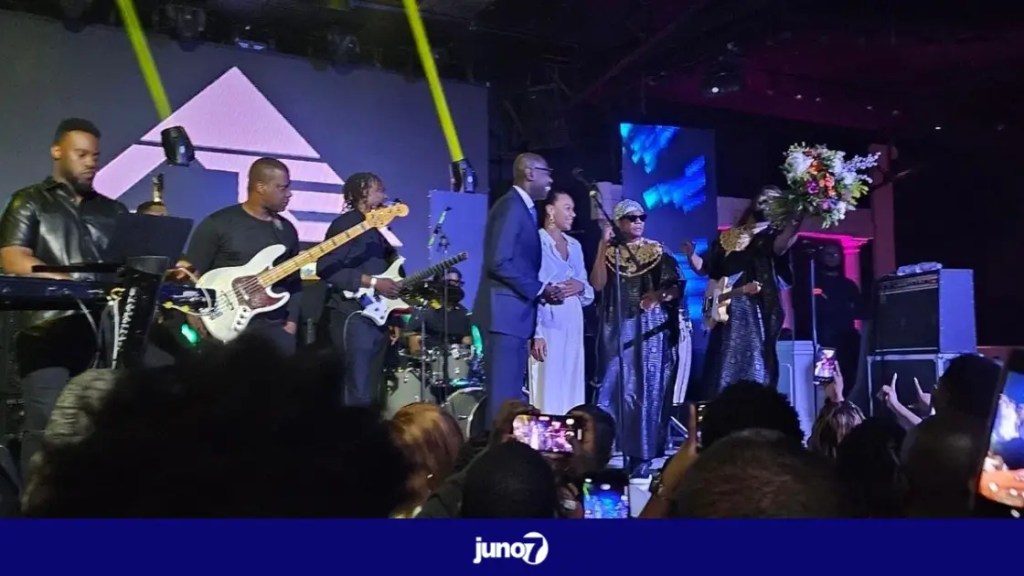If the objective of this agreement was to form a council reflecting the Haitian population, then it unequivocally failed in its objective
Haiti finds itself on the brink of an unprecedented crisis, tipping towards total collapse. The situation has continued to deteriorate since 2018, marked by rampant gang violence, extensive lockdowns and the shocking assassination of the country’s president in July 2021.
Dr. Ariel Henry, a neurosurgeon, assumed leadership of the country as prime minister after the assassination, with promises to restore stability, conduct elections and restore democratic institutions.
However, he struggled to achieve these goals.
Under his leadership, the security crisis has intensified, with gangs bold enough to release thousands of prisoners from the national prison and lay siege to critical infrastructure in early March 2024.
Read also: Story of a spectacular escape from the national penitentiary
Henry, who had traveled to Kenya at that time to finalize an agreement for a UN-approved multinational security mission, found himself unable to return to Haiti due to these significant threats.
With Dr. Ariel Henry forced to remain outside Haiti, a solution emerged through international mediation led by CARICOM: Henry’s resignation and the creation of a nine-member presidential council composed of delegates from all major political factions.
Traditionally, presidential councils were composed of figures independent of the military or civil society, providing a degree of neutrality. However, this council will be composed of representatives of political parties who have the responsibility of organizing elections in which their respective parties must participate. We can’t help but wonder about the possible complications to come.
Haiti finds itself on the brink of an unprecedented crisis, tipping towards total collapse.
The presidential council will have the clear and crucial mission to restore security with the help of the multinational security mission and to accelerate the electoral process, guiding Haiti towards the restoration of democratic governance.
Read also: Ruto-Henry agreement does not dispel illegality of deployment
This approach, despite its lack of constitutional support, appears to be one of the few viable options available given the prolonged period without constitutional governance and the failure of Dr. Ariel Henry to hold elections.
The creation of this council, despite concerns about its legitimacy, had the potential to be a beacon of hope if it had included independent voices from Haitian civil society and the diaspora – people truly committed to the rebirth of the nation. These individuals could have served as a crucial link between the political machinery and public desires, forging a more inclusive and effective path for Haiti’s reconstruction.
Unfortunately, the council, as endorsed by the international community, will be composed of representatives of members of the political elite, some of whom contributed to the fall of Haiti. It seems that once again, the true interests of the Haitian people are being relegated to the background in favor of political expediency.
If the objective of this agreement was to form a council reflecting the Haitian population, then it unequivocally failed in its objective.
It seems that once again, the true interests of the Haitian people are being relegated to the background in favor of political expediency.
It is clear that the political elite does not represent the interests of the Haitian people, who have become deeply disenchanted with a political system that appears to ignore their needs and hopes. The exceptionally low turnout observed during the 2015 and 2016 general elections vividly illustrates this disenchantment.
Haitian political actors have consistently failed to gain public trust. Time and time again, they have united not to foster constructive progress, but rather to aggressively destroy; not to build unity, but to take control. The effectiveness of this council will truly be tested when the time comes to share power and administer governance for the well-being of all Haitians.
Read also: Perspective | What can Bukele do against gangs in Haiti?
Yet I deeply hope for the success of this presidential council, hoping that it marks the beginning of Haiti’s vast path toward a brighter future. However, my optimism is cautious, tempered by the harsh lessons of history and a deep distrust of Haiti’s current political leaders. For the well-being of Haiti and all its citizens, I hope that this occasion marks a departure from past disappointments.
Par Boaz Anglade, Haitian development economist working as an international development consultant. He is a founding member of the Jenès Konsyan (Young Conscious) political party.
Cover image: US Secretary of State Antony Blinken, Guyana President Irfaan Ali and Jamaican Prime Minister Andrew Holness attend an emergency meeting on Haiti at the Conference of Heads of Government of the Caribbean Community ( CARICOM) in Kingston, Jamaica, March 11, 2024. © Andrew Caballero-Reynolds / Reuters
Keep in touch with AyiboPost via:
► Our channel Telegram : Click here
► Our Channel WhatsApp : Click here
► Our Community WhatsApp : Click here












